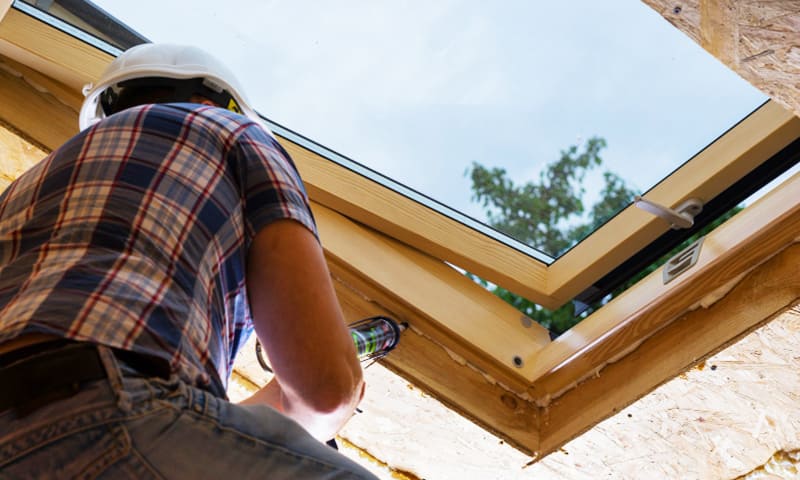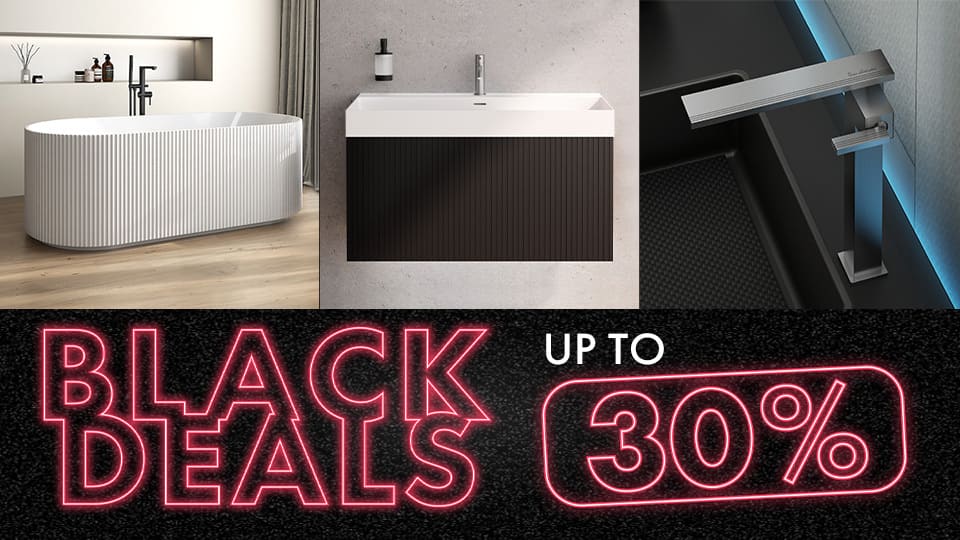Building Alert Pro – All current building applications in your area at a glance
Discover building applications now
Everything homeowners need to know — Every first Thursday of the month.


Everything homeowners need to know — Every first Thursday of the month.

Regional craftsmen
Only certified companies
Quality guarantee

Many homeowners know someone who can tell a story of their struggle with the authorities over a building permit for their garden shed. In Switzerland, almost everything has to be approved. Even very small buildings above a certain size, which is determined differently from canton to canton. In the canton of Zurich, for example, you need permission from a height of 2.50 metres and an area of 6 square metres, while in the canton of Bern you only need permission from a height of 2.50 metres and an area of 10 square metres. As soon as you want to extend and heat your garden shed, you always need a building permit, regardless of the size or area. In addition, you must respect the boundary distance to the neighbouring property and, of course, comply with all the requirements for the protection of historical monuments and the local heritage.
Anyone who builds affects the neighbours' view, their privacy and the overall impression of the neighbourhood. For this reason, the municipalities must approve all changes above a certain height that are visible from the outside. These include carports, skylights, garden sheds, tool sheds, walls, privacy screens, roofs over seating areas, bicycle sheds, conservatories and fences. For example, you may build walls, screens or fences directly on the border, but depending on the canton, you may need a building permit and the consent of your neighbours for heights as low as 80 centimetres. In principle, you need a building permit for all structures that are firmly connected to the ground or firmly anchored in the ground. This means for most small and all medium or larger projects.
This list is relatively short and clear. Only a few building measures are really exempt from approval. Among others:
{{craftsman}}
All renovations that have major spatial consequences and/or are visible from the outside. For example:
Interventions, renovations and conversions in the house or flat only require a permit if they change the use or influence fire safety. Removing a simple partition wall or installing a new kitchen or bathroom does not require a permit. However, if you want to change the floor plan, convert an adjoining room into a heated living space or convert living space into commercial space, you need a building permit.
Most renovations or conversions in the house are approved in a simplified notification procedure. This means that there is no public invitation to tender and no possibility for neighbours to appeal.

Since the revision of the Spatial Planning Act, you no longer need a building permit for a photovoltaic system. Unless the house is located in a core zone or is a listed building. The only condition: The solar power system must be "sufficiently adapted". This means that it fits in well with the local landscape and does not violate any nature conservation or heritage protection requirements. Even if you no longer need to obtain permission for the installation, you must register it with the responsible building authority.
Most major renovations must be approved, especially energy measures. When installing a heat pump with a geothermal probe, for example, it is first checked whether the new heating system meets all water protection and environmental protection requirements and complies with all cantonal building and energy laws. In addition, it is clarified whether the ground is suitable for a geothermal probe. Other energy-related renovations, such as façade insulation, must also be approved.
{{energycalculator}}
It depends. In many cantons, no permit is required for small pools that are only set up in summer and are not permanently installed, i.e. without an excavation pit or permanently installed parts. In other cantons, for example in the canton of Bern, unheated swimming pools up to 15 square metres in size do not require a permit, but heated pools with a capacity of 8 cubic metres or more do.

In most cantons, a building permit is valid for two to three years at the most.
You can submit a simple planning application yourself. If your project is more complex, such as an attic conversion, you should use an architect. He knows the process and how to submit the application and documents so that your project is approved.
For larger building projects, the case is clear: you need a building permit. Smaller projects in particular, but also medium-sized ones, are often in a grey area that varies in size depending on the canton. That is why there is no clear answer to the question of when you need a building permit and when you do not. To be on the safe side, clarify in advance with the building authority whether the project requires a permit. In addition to their cantonal regulations, the experts also know all the fire protection regulations, building laws, environmental laws and energy laws that apply to new buildings or conversions. They also know whether your house or flat is in the core zone, residential zone or commercial zone. Depending on this, different rules apply: Outside the building zone, for example, all small buildings require a permit.
Anyone who builds without a building permit violates the Planning and Building Act, is liable to prosecution and could be charged if the violation is intentional. However, only a few culprits are fined. Nevertheless, it can be expensive: If the building authority does not subsequently approve the building project in a building law procedure, the summer house, for example, must be dismantled again. Then the bargain from the DIY store quickly becomes an expensive pile of wood.
